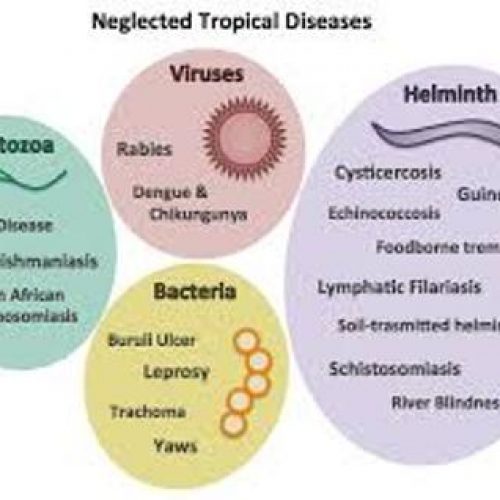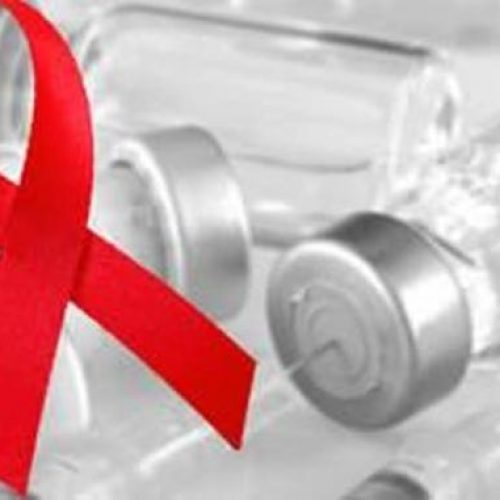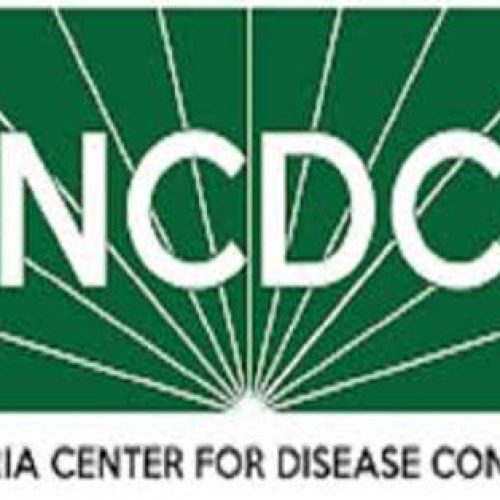Report faults FG’s zero allocation for family planning as 3rd quarter ends
Latest report on this year budget for the nation’s health sector by Federal Government’s has revealed and faulted zero allocation for family planning by the government as third quarter of the year ends in September.
Our correspondent also reliably gathered that there has been no allocation for any capital project captured in 2017 budget for the sector by the Federal Government.
Work on the report was carried out by Community Health and Research Initiative (CHR) Africa Health Budget Network, supported by other non-governmental organizations.
As other areas of national interest where Federal Government must release funds, the research showed that family planning deserves fund approved for it by the Appropriation Act. Of particular mention by the report, made available to Nigeria Health Online on Tuesday, was national debt servicing which takes about a quarter of the nation’s budget for this year.
The report said government would never fail to pay its creditors which takes such huge amount, but chooses to hold back the “small” budget for family planning. It called on the Federal Ministry of Finance to do the needful by releasing the fund.
One of the officials who worked on the report said other areas of the nation’s health such as immunization are being worked on to know how government has fared in releasing funds.
Giving a break down of the national budget for this year the report noted that the total budget of N7,441,175,486,758.00, was split into capital budget (2,177,866,775,867.00) and recurrent budget (N2,987,550,033,436.00) Statutory transfers gulps N434, 412,950,249.00, while debt service grabs N1, 841,345,727,206.00.
The report estimates that only debt service represents 24.75 percent of national budget for the year, while statutory transfers takes 5.84 percent. Capital budget, being 29.27 percent of the budget, is a little bit above fund allocated for debt servicing, the report stated. The nation’s recurrent budget this year as percentage of total national budget is 40.15 percent.
Citing the 2017 Appropriation Act as its source, the report showed that total health budget for the year is N308,464,276,782.00, out of which N55,609,880,120.00, and N252,854,396,662.00 were allotted as capital and recurrent budgets respectively. The 2017 health budget as a percent of total national budget is 4.15 percent, falling short and distant away from the 15 percent agreed by Heads of Governments on the continent at their 2010 meeting in Abuja, popularly known as “Abuja Declaration.”
Bauchi State has surpassed that percentage in its 2017 budget by one percent. The state allocated 16 percent of its budget to health.
Meanwhile, N966,124,051.00 was approved for family planning in Nigeria by the national budget. The report showed the fund is for procurement and distribution of contraceptive commodities; support for states family planning services, training of service providers across the country and distribution of commodities among others.
Family planning budget as a percent of health capital budget in this year budget is 1.74 percent. Nigeria has in recent time restated its desire to enjoy demographic dividends. Developed nations that uninterruptedly enjoy these dividends rely on family planning as one of the most effective techniques for getting the benefits.
Family planning helps couples determine the number of children they want, and at the exact time they want them. Family planning enables couples space their children, and have the number of children they can cater for. It helps government plan well for their people. There are fewer dependants and more people earn income and live comfortably.
Also, mothers have enough time to rest in-between births and contribute to family’s upkeep. Well-spaced children are healthier and have greater opportunity to be enrolled in school and become successful adults who make enormous contribution to nation building.
Crimes, unemployment, ill-health, inadequate infrastructures and other ills are reduced when government shows strong commitment to family planning services, and the people are sensitized to adopt it as a way of life
About author
You might also like
NTDs: Nigeria ranks 17 in mass treatment coverage index
66.6 million people received treatment in 2016 A scorecard by the African Leaders Malaria Alliance (ALMA) showed that Nigeria had mass treatment coverage index of 48 per cent for Neglected
HIV Vaccine Day: Nigerian stakeholders decry government apathy towards research
As the world today, Friday May 18, marks HIV Vaccine Day 2018, Nigerians, especially people living with HIV/AIDS believe the country has nothing to show the world in terms of
Nigeria records highest ever COVID-19 infections
1,354 cases on Tuesday January 5 Nigeria has recorded 1,354 new infections of the deadly coronavirus, COVID-19, the Nigeria Centre for Disease Control, NCDC, disclosed on its verified website on






0 Comments
No Comments Yet!
You can be first to comment this post!